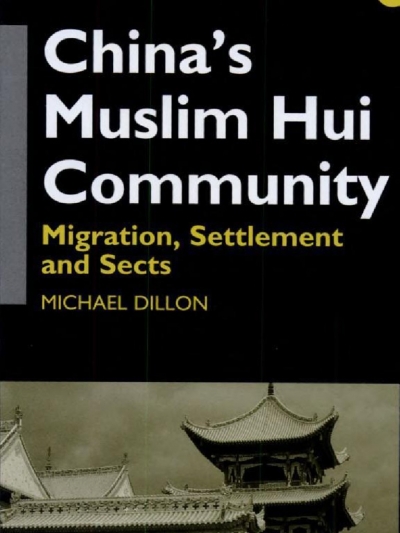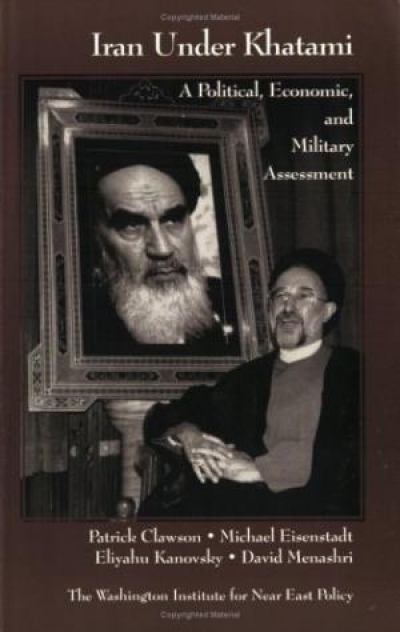



This month marks the 33rd anniversary of the victory of the Islamic Revolution in Iran. The US- and Zionist-backed puppet Mohammad Reza Pahlavi (Shah of Iran) was driven from power by a tidal wave of mass uprising led by the charismatic and muttaqi leader, Imam Khomeini (may Allah (swt) comfort him) in February 1979.
Thirty-three years ago this month the world was witness to the fall of a Shah and the rise of an Imam. The Shah was Persian by culture, American by loyalty. The Imam was Persian by culture, Islamic by persuasion. The Muslims of the world along with the imperialist victims of the world rejoiced at this turn of events. Ever since that time Uncle Sam and his nephew Cohen have been playing their cards against the Imam and the Revolution.
1Can US leaders — in the executive as well as congressional branches — be considered rational? Almost daily, they threaten to bomb Iran, not to mention the imposed raft of sanctions aimed at undermining the Islamic Republic. The latest round of sanctions was slipped through the inappropriately named National Defence Authorization Act (NDAA). US President Barack Obama signed the NDAA on the last day of 2011 when most people were engrossed in New Year festivities to take much notice.
The shrill US-Israeli war rhetoric against Iran goes hand in glove with covert operations, such as the assassination of Iranian nuclear scientists, Stuxnet Virus to disrupt Iran’s uranium enrichment and also reportedly replacing street signs and bricks in buildings with ones equipped with radiation detectors. There are threats and actions to further isolate Iran by boycotting its oil to increase the economic and political pressure on the Islamic Republic.
Weeks before the International Atomic Energy Agency (IAEA) report was released on November 8, Western media outlets had already worked themselves into frenzy, drum-beating about how Iran would be found in “violation” of its nuclear Non-Proliferation Treaty (NPT) obligations by secretly diverting material to make the bomb.
In the face of its collapsing economy and spiraling domestic unrest, the US is blithely proceeding with its blueprint of remaking world cartography. After dispatching Muammar Qaddafi in a hail of gunmetal, US imperialists are confronting the Syrian stumbling block, item No. 2 on its regime change wish-list.
The Muslim East (Middle East) has been in the throes of revolutionary fervor for more than six months. Two dictators have been driven from power; others are teetering on the brink while some are also fighting back with mixed results.
Every June, ceremonies are held to commemorate the passing away of Imam Khomeini in 1989. This year, these ceremonies gain added significance in view of the uprisings underway in the Muslim East. Zafar Bangash, Director of the Institute of Contemporary Islamic Thought, compares the Imam’s leadership with the near-leaderless movements in the Muslim East.
This writer remembers the time — about 25 years ago — when friendly members of the Islamic Movement would ask: why can’t our brothers in Iran have a more subtle approach and a dodgy political posture when it comes to their official decisions as well as their public relations and information services?
One of the ways through which the enemies of Iran attempt to discredit its Islamic credentials is by “exposing” its relations with Armenia. The narrative goes as follows: if Iran is truly an Islamic state, why does it not provide all the required assistance to Azerbaijan to liberate occupied Karabakh from Armenian nationalists? Why does Iran have non-hostile relations with Armenia?
1As Crescent was about to go to press, WikiLeaks released some 250,000 secret cables between US diplomats and the State Department up to the year 2009. Among them was one dealing with a plea to Washington from Saudi king Abdullah, currently undergoing medical treatment in the US, to attack Iran.
Deep down inside the recesses of the Islamic movement there is what one may call a dichotomy — two mutually exclusive subclasses of the worldwide Islamic movement. One of them is centered on Islamic Iran and the other around what is today called “Saudi” Arabia.
If one thinks about it seriously, the world looks like a bizarre place. Scientific strides and technological developments make us think and believe that we are living in the “genteel” and “civilized” 21st century. Few can argue about the scientific and industrial progress in all fields of physical applications and material evolution.
The answer to the above is not as complicated as many think. The key factor is to be able to see beyond the modern myth which projects China as the next superpower of the world
But it would appear that both the criminal elements in Iran and their Western backers have overplayed their hand...
The present political architecture of the world was cobbled together by the victors of the Second World War...
China's Muslim Hui Community: Migration, Settlement and Sects by Michael Dillon. Pub: Curzon Press, Richmond, UK, 1999. Pp: 208. Hbk: UK40.00.
Iran Under Khatami: A Political, Economic, and Military Assessment by Patrick Clawson et al. Pub: The Washington Institute for Near East Policy, Washington DC, 1998. Pp. 114. Pbk. US$19.95.
The security forces, contrary to the West’s expectations, acted with great restraint and successfully handled the situation...
After a week of sporadic protests in Tehran, the Rahbar, Imam Seyyed Ali Khamenei issued a stern warning on June 19th during the Friday Khutbah attended by two million people to desist from trying to overturn the results of presidential elections through street protests.


